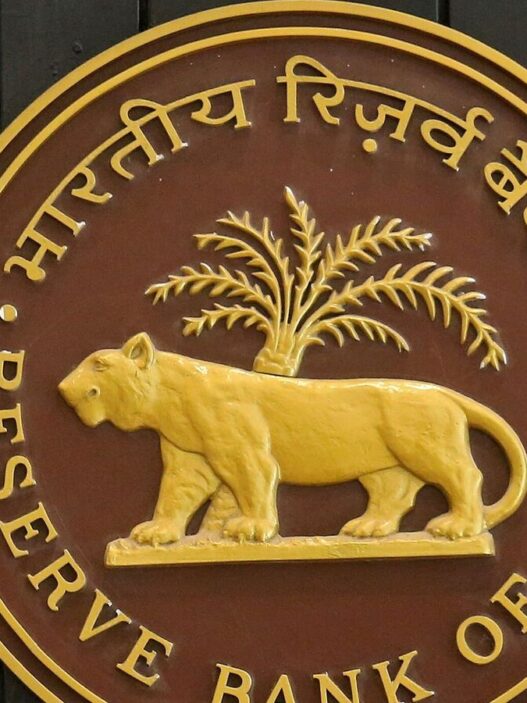The Indian stock market has witnessed incredible growth and expansion over the past four to five years, with retail investor participation surging.
The number of Demat accounts has soared from 121.6 million in May 2024 to approximately 190 million by February 2025, according to data from Central Depository Services Limited (CDSL) and National Securities Depository Limited (NSDL).
While this growth is promising for the country’s financial landscape, it also raises serious concerns about fraudulent schemes targeting relatively new and inexperienced retail investors transitioning from fixed-income investments to equity markets.
Implications of fraudulent activities
A recent study by the Securities and Exchange Board of India (SEBI), revealed that between FY22 and FY24, about 93 per cent of individual traders in the equity futures and options (F&O) segment suffered colossal losses.
The total losses incurred by individual traders during the period exceeded ₹1.8 lakh crore. This alarming number highlights the massive regulatory challenges associated with speculative trading.
For example, the market capitalisation of Kotak Bank, India’s third largest private sector bank, is about ₹3.75 lakh crore, and the losses are about ₹1.8 lakh crore, highlighting the sheer level of wealth erosion. This also underscores the risks of wealth decimation and potential scams that Indian traders face due to a lack of education and proper training.
Common traits of fraudulent schemes
Investors should be cautious of several red flags when investing in the equity markets. It is important to maintain realistic expectations, as the Nifty typically compounds at 12% %- 14% per annum—there are no shortcuts in wealth creation.
- Promise of high returns: Schemes that guarantee unusually high returns with minimal to no risk are unrealistic. All stock market investments carry inherent risks, and quick gains are rarely sustainable.
- Forcing investors and using pressure tactics: Fraudsters deploy high-pressure tactics to force innocent retail investors into “one-in-a-lifetime” opportunities, urging them to act fast before they “miss out.”
- Lack of clarity and transparency: Many scams involve incomplete or vague information about a company or stock, hiding its actual valuation, financial health or debt obligations. This results in retail investors getting into penny stocks and weak businesses, resulting in financial losses.
- Entities not recognised by SEBI: Always engage with SEBI-registered entities or entities registered with other regulatory bodies such as RBI. Investing through unregulated firms increases fraud risk.
How investors can protect themselves
To safeguard against stock market scams, telegram tips or any equity investment-related frauds, follow these key instructions.
- Check and verify the credentials: Ensure your investment advisor and brokerage firm are registered with SEBI.
- Go through brokerage reports and conduct thorough research: Before making investment decisions, read brokerage reports, analyse a company’s financials, and review its track record.
- Keep your return expectations in check: Since Nifty50 generally compounds at 12-14% per annum, any promise of unreasonably high returns should be treated with scepticism.
- Be vigilant and sceptical of unsolicited offers: Be careful and exercise due caution with unsolicited investment tips and lucrative-looking opportunities via personal calls, emails, etc.
- Reach out to the appropriate financial advisor: Seek advice from certified financial planners before making any significant investment decisions. Wealth creation is a long-term process that requires professional insight.
Regulatory initiatives and investor awareness
To combat the rising fraud concerns, SEBI has proposed technology-driven measures to boost investor security. Mandatory OTP authentication, even for logging into demat accounts, is one such step.
The security measures also include implementing SIM binding authentication mechanisms, biometric verification, and temporary account lock-in facilities to prevent unauthorised access and transactions.
SEBI is also focusing on investor education initiatives to raise awareness about the risks and pitfalls associated with speculative trading and fraudulent schemes.
Hence, as the Indian economy evolves, the equity markets offer immense investment opportunities. However, investors must remain vigilant and informed about the ongoing developments.
Thus, by recognising the signs of impending fraud and adhering to due diligence practices, investors can keep their finances safe and contribute to a healthier equity market environment.
Disclaimer: This article is for informational purposes only and does not constitute financial or investment advice. Investors should conduct their own research and consult registered financial advisors before making any investment decisions.












